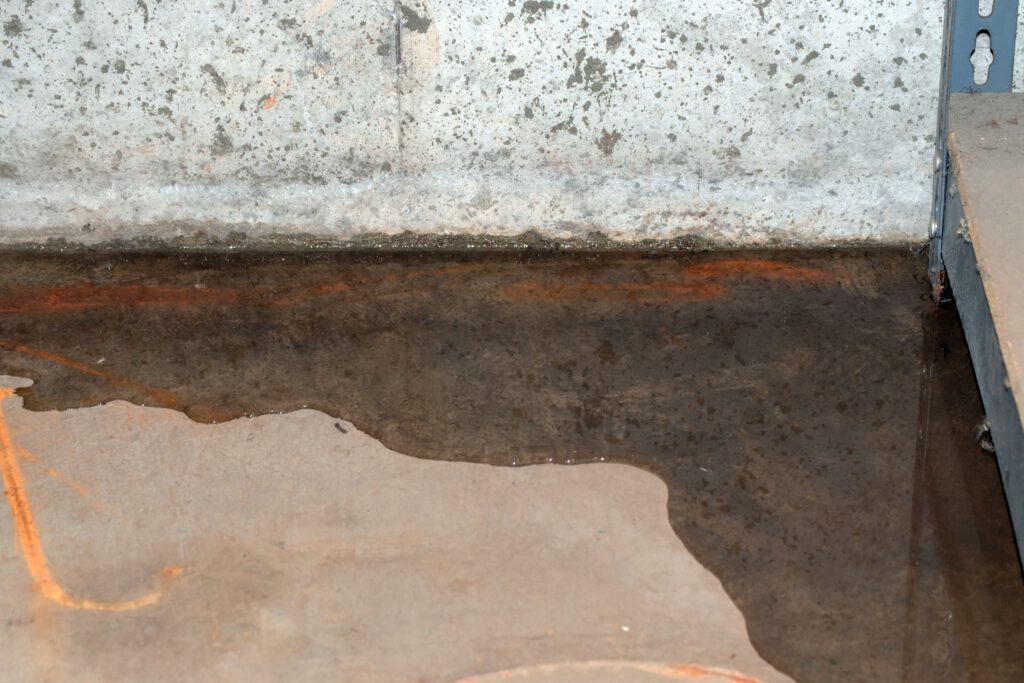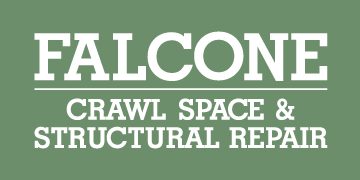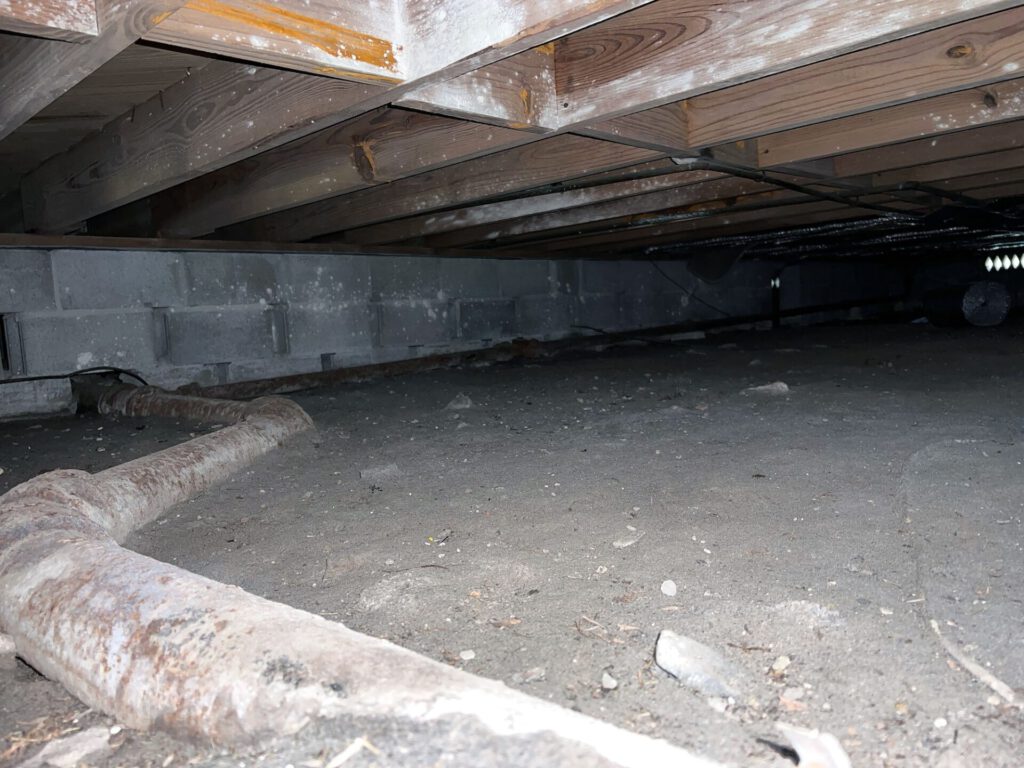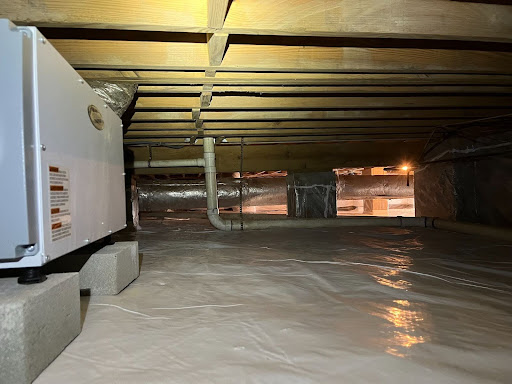What NOT to Do if You Have Water Leakage in Your Home

If you have water leakage in your Charlotte home, quickly addressing the problem is extremely important. However, there are some mistakes you can make that will increase the damage to your home or cause the leak to worsen. Which, of course, we do not want. Learning more about these mistakes and pitfalls will help you avoid them in the future.
Why Is Water Leakage Such an Important Concern?
As a homeowner in North or South Carolina, it’s important to learn about water leakage and damage. Property owners in Charlotte can expect annual rainfall of 41 inches, which is only slightly lower than the 48 inches of rain that North Carolina as a whole receives annually. Meanwhile, South Carolina receives between 40 and 55 inches of rain each year.
Considering these numbers are above the national average of 38 inches of rainfall each year, it’s easy to see why homeowners in this region need to focus on foundation maintenance.
Homes in cities like Charlotte, Columbia, Greenville, Raleigh-Durham, and Winston-Salem are more susceptible to the types of foundation damage that excessive soil moisture can cause.
Can You Stop a Basement Leak From the Inside?
While some remedies can fix a basement leak from the inside, you shouldn’t try to fix it on your own. Unless you’re experienced with foundation repair, you might use an ineffective method.
For example, many people think waterproof paint will fix a crack. While waterproof paint should be a part of a more extensive waterproofing plan, it won’t be sufficient to stop water leaks that already exist.
Additionally, you shouldn’t attempt to fix a leak while the walls are still wet or damp. Even when you use a proper epoxy mixture to seal the crack, the material won’t bond with the damp concrete. Applying waterproof paint or other materials on the inside can create more pressure in the blocks or bricks, causing the issue to spread, or crack, or bow the wall more.
As soon as you notice the dampness or water leakage, make sure to take steps to dry the surfaces. Use fans, open windows, and other practices to reduce humidity and promote faster drying.
Know the Common Causes of Water Leakage
There are several reasons you might see water leaking through your basement or foundation walls. Once you recognize what causes this condition, you can take effective steps to prevent future water leakage.
Hydrostatic Pressure

When there’s heavy or consistent rainfall, such as the amount of precipitation common in the Carolinas, that excess water will press against foundation walls, eroding the masonry. In a short time, small crevices, cracks and or bowing will form. Gradually, the water will leak through these flaws, creating wider gaps and leading to heavier leaks.
Frost Heaving

The soil around your home will also expand as it freezes during the colder months, causing the soil to rise or heave. At this time, the soil will put more pressure on the foundation, causing stress fractures in the concrete or mortar. When the soil thaws, the excess moisture will leak through the gaps in your foundation walls.
How to Keep Water Damage From Getting Worse
Many property owners fail to realize that some of their actions can lead to water leakage and foundation damage. In following leaky basement repair tips, there are some things to avoid. Here are a few pitfalls that homeowners commonly make in and around their homes.
Don’t Plant Gardens Close to Your Home
When you plant flowers or shrubbery close to your home, you’ll build up the ground around your plants with soil and mulch. This forms the type of grading that will push water flow toward your foundation walls. Instead, change the grading to create a downward slope leading away from your home.
Don’t Ignore Your Gutters
A very common cause of water leakage is improper rainwater drainage. Blocked or broken gutters cause water to pour over the edge of your roof, allowing it to pool next to your foundation. This situation also damages the roofing materials, siding, and other exterior home features. Inspect and clean your gutters regularly to ensure proper flow. Also, ensure that the downspouts are extended away with proper negative grade away from the foundation.
Don’t Leave Window Wells Unprotected
Some Charlotte homes have window wells outside of their basement windows (check yours!). If your home has this feature, make sure you invest in window well covers. Leaving the wells open will allow rainwater to accumulate and erode the foundation surrounding your window frames.
Don’t Forget to Check Your Basement Humidity
When there’s too much humidity in your basement or crawl space, moisture will form on the interior walls. Even when there isn’t leakage occurring from exterior moisture, a basement with high humidity can still suffer damage. If you’re concerned about humidity in your basement or crawl space, install a dehumidifier.
We’ll Help You Prevent Water Damage
Get ahead of the drip and give Falcone a call or fill out a form. We will ensure only your plants (and not your house) are soaking up water.


